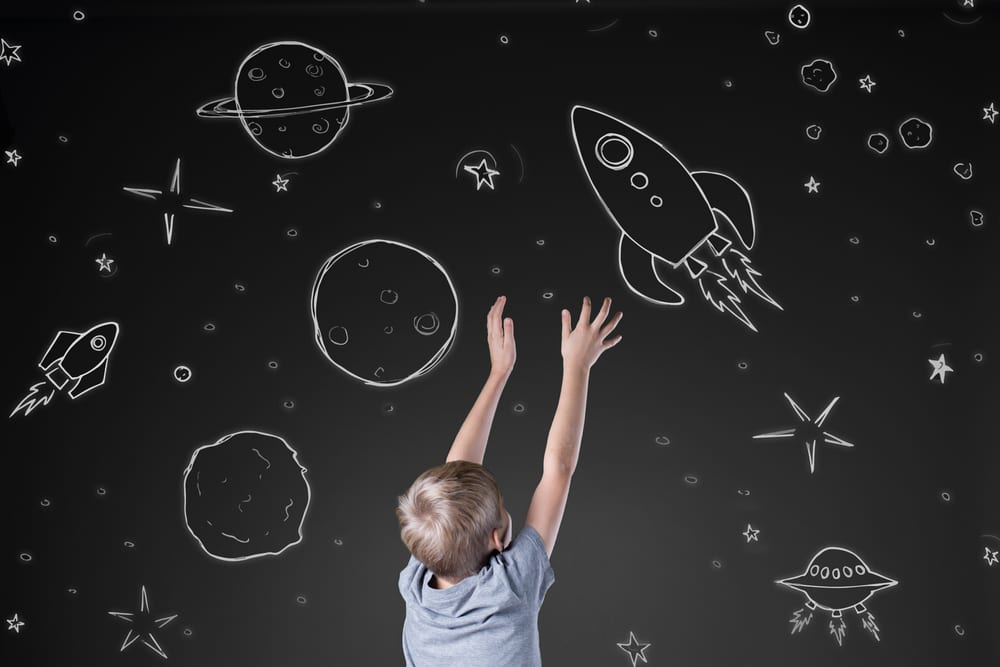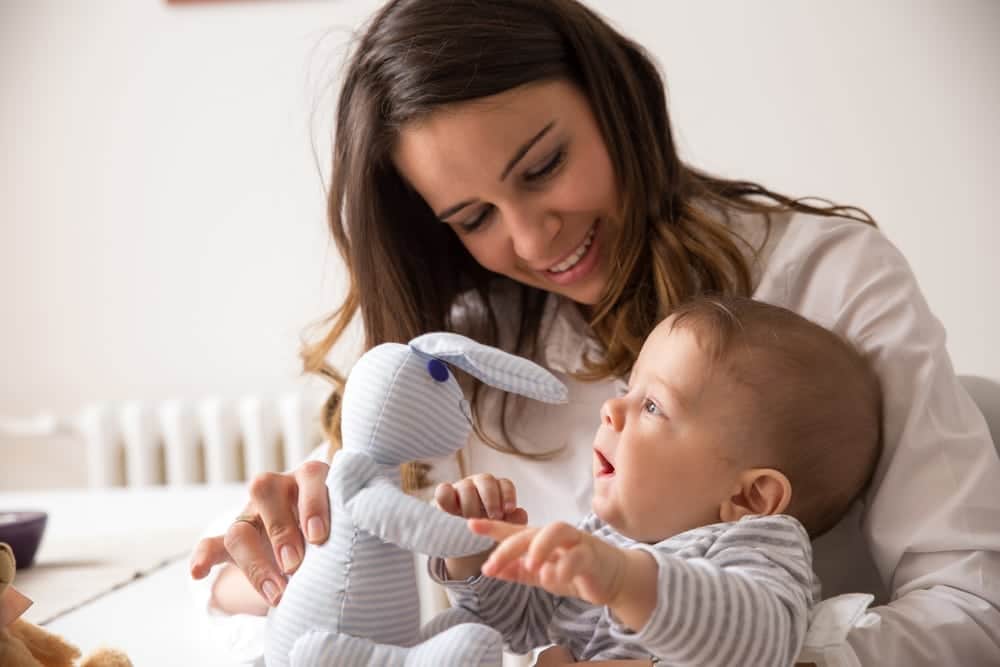By Erin Farney
Maria Montessori (1870-1952) developed a beautiful and thoughtful approach to the quality education of children, stressing the importance of following the child. Many people appreciated her during her time, and even more people now continue to respect and carry out her work by practicing the Montessori approach.
Predecessors
Maria Montessori shared ideas and concepts with many of her predecessors. For example, Johann Heinrich Pestalozzi believed that children should learn through activities and objects. He felt that education would not work without love and social justice. Jean Itard and his pupil Eduard Seguin were also very influential to Montessori, who was herself one of the first woman physicians in Italy. These French Doctors worked with special needs children using a sensory training approach and believed in sensitive periods (time periods when it is easiest to learn specific skills).
Fredrich Froebel is known as the founder of kindergartens. He emphasized play and believed that humans are both creative and productive. He also believed in practical work and the direct use of materials. And far before any of these men, Aristotle shared many important beliefs with Maria Montessori. Aristotle believed that an educated person was a fulfilled person, that there needed to be an emphasis on balanced development, that learning happened through doing, and that contemplation is the highest form of human activity.
Maria Montessori had pioneers from different time periods to follow as an example. She continued to move forward with these shared ideas, such as educating the whole person and knowing that education is for life, as well as the belief that her method could help humanity. With these ideas in mind along with years of research, she opened the first Children’s House in Rome in 1907, educating children with the progressive Montessori approach.
The Life of Maria Montessori
Montessori had many life events that affected her worldview and the development of her method. She saw and lived through much hardship, which impacted her view of the world. Maria Montessori was alive for the entire duration of World War II. She believed in appreciating the gifts of each child and cultivating a sense of independence in them. When Fascists took over in Italy, she understood that her methods would not work in such an environment of conformity. Her schools were forced to close. According to E.M. Standing, “In Germany and Austria- then under Nazi rule- things were even more drastic. An effigy of Montessori was burned over a pyre of her own books” (p. 85).
It is also believed that Montessori must have gone through deep personal pain, which society at the time forced her to deal with quietly and alone. Because she was an unwed mother in 1898, she gave up her only child, Mario Montessori, to a family in the country where she could visit very occasionally and refer to him as her nephew. Later in life, she could recognize him as her own son, and Mario became essential in continuing Montessori education.
Maria Montessori spent seven years living in India as a result of World War II. She was there to present a training course for some months when war broke out and was held there as an Italian National. She was traveling with Mario, and the two were not allowed to leave until the war was over. However, because of this unfortunate event, Montessori received much exposure to the Indian culture. This impacted her Cosmic Education and Peace Education philosophies. These are meant to help children understand and gain respect for the purpose of themselves and to find meaning in their lives and the world itself. A peaceful environment leads to peaceful people.
Montessori Today
Today, science and experience have shown that Montessori’s approach to education is a wonderful thing. We know that the human brain is not formed fully at birth and that practice makes learning permanent. The field of Neuroscience proves that sensitive periods are time and duration dependent. The brain is influenced by experiences, as evidenced by the Montessori approach to learning. When a child feels safe, they are able to learn. Maria Montessori used scientific observation to develop her method. As teachers in today’s world, we must remember to continue to offer our children the freedom of choice, repetition, and movement, and to always observe to find truths, much like Dr. Montessori did in her own research.
References
Polk Lillard, Paula, (1972). Montessori: A Modern Approach, Schocken Books, New York, NY
Standing, E.M. (1998). Maria Montessori: Her Life and Work, New York: Plume
Papadimitriou, Melina. University of Wisconsin-River Falls. Mont. 500 Lecture Notes. June, 2016.











